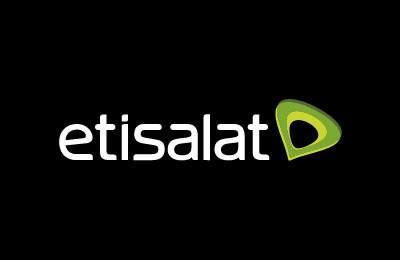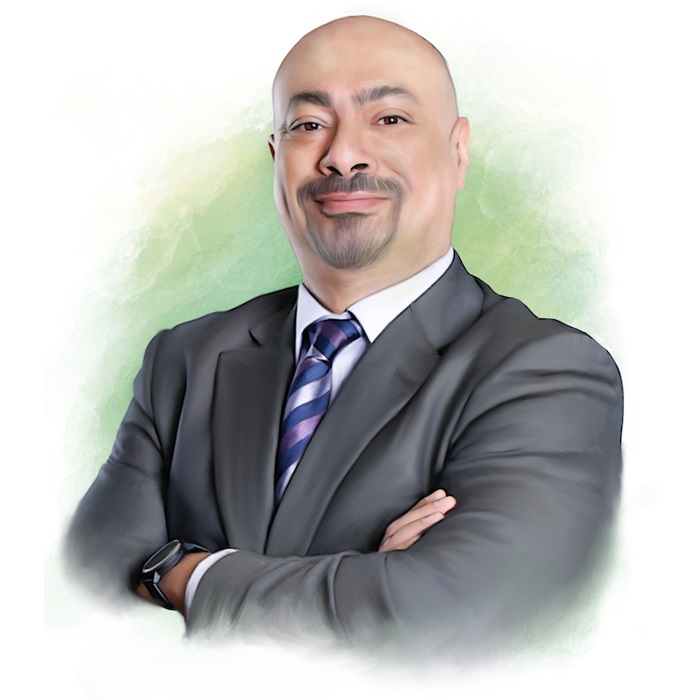The Telecommunication Industry is always in demand and thus the companies are always booming. Different companies in the telecommunication sector are responsible for producing various equipment that is crucial to many other sectors as well. In the past few decades, many successful telecommunication companies have been established and expanded across the world, and one of them is Etisalat Group. Etisalat Corporation is one of the biggest telecommunication companies in the Middle East which is headquartered in Abu Dhabi, UAE.
About Etisalat Corporation
Etisalat Corporation was founded in 1976 and currently, the CEO of the company is Hatem Dowidar. Apart from the Middle East countries, the company has also expanded its telecom services to Asia and Africa. In 2014, Etisalat was the 14th largest mobile network provider globally. As of 2019, the company’s consolidated net profit was AED8.7 billion and consolidated net revenue of AED52.2 billion. The company has maintained consistency in its performance for a long time and that’s one of the reasons behind its high credit ratings.

When Etisalat was established more than four decades ago, it was the first telecom service provider in the country. This is the main reason behind the company’s success and that it has become more powerful with time. Currently, the company provides services to more than 149 million subscribers across 16 countries. By Ookla Speedtest in 2020, Etisalat is the fastest mobile network globally and it is also named as the “The Most Valuable Portfolio Brand” in the Middle East and in North Africa (MENA) by Brand Finance. Etisalat is also the first company from the Middle East to cross USD 10 billion in terms of wider portfolio value.
There are mainly two reasons behind the huge success and recognition of Etisalat Group. The first reason is the company was established in such a time frame that initially it didn’t have any other competitors in the origin country. Having huge control over the market right from the beginning is very advantageous for a company’s growth and expansion. And, the second reason is even though the company grew rapidly it didn’t compromise the quality of the service they provide. Etisalat Corporation’s service has been very consistent from the beginning and till now they are equally looking after their customers.
History of the Etisalat Corporation
Founded in 1976, Etisalat Corporation launched its first mobile network in the Middle East six years from then. In 1983, the company went through some ownership changes according to which 60 percent of the share of the company will be received by the UAE government and the rest will be traded publicly. Etisalat even as a new company didn’t focus exclusively on its product line but also thought of the company and the country’s future. So, in 1989, the company established Etisalat University College to create and nurture engineers who will secure the future growth of the company. And, if the company makes a breakthrough it will also become a major success for that nation.
In 1991, the company received permission from the UAE central government to provide both wired and wireless telecommunication services across the country and also between other countries and UAE. With the much-evolving telecommunication sector, in 1994, the first GSM service in the Middle East was introduced in UAE. Seeing this as a very lucrative opportunity, Etisalat launched Emirates Data Clearing House which was to provide a complete suite of solutions to the GSM operators. During this period, the internet was rolling out in many countries and Etisalat was the first to avail internet services in the region. The company also opened its SIM card factory called Ebitkar in 1995.
In 2000, Etisalat’s mobile subscribers crossed the 1million benchmark as the mobile data services are introduced using eWap. Within the next couple of years, the subscribers increased by two folds and in 2003 the company launched the first 3G network in the Middle East and started offering MMS services. In 2004, the company started operating in Saudi Arabia and also bought a stake in Canar (a fixed-line operator in Sudan). In the following years, Etisalat started operating in Africa and Asia and became a significant network provider in the Middle East.
The CEO: Hatem Dowidar

Hatem Dowidar is the CEO of the Etisalat Corporation and he joined the company in 2015. He is also on the subsidiaries board in Pakistan, Morocco, and Egypt. Before joining Etisalat, Hatem has a working experience in Vodafone with 24years of experience in the telecommunication industry. He completed his studies at Cairo University followed by American University in Cairo. Hatem came into Etisalat with a very rich experience and a very impressive track record.

Annasha Dey is an NIT student, who apart from studying engineering is also a content writer. She has a great interest in photography, writing, reading novels, and travelling as well. She is a foodie who loves socializing and hanging out with her friends. She is also a trained Kathak dancer and a big fashion enthusiast. Dey also loves watching TV series, which includes F.R.I.E.N.D.S. and Big Bang Theory. To be a better writer she prefers to read more